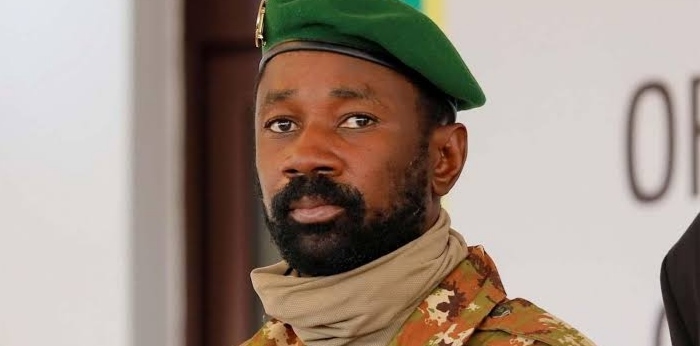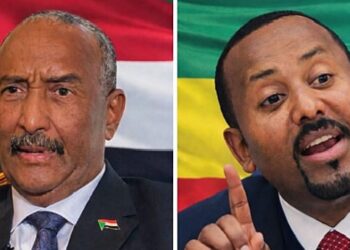By John Ikani
A major coalition of Malian political parties on Sunday rejected the military-dominated Government’s plan for a transition lasting up to five years before the country returns to democratic rule.
Under its plan, a constitutional referendum would be held in 2023 and legislative elections in 2025. A presidential election would not take place until 2026.
The junta called its proposal “appropriate to conduct the political and institutional reforms.”
Rejecting the plan, the coalition representing around 10 parties, said it is a violation of the transition charter and “has not been discussed in Mali and cannot in any way be the deep desire of the Malian people.”
“Consequently, the group rejects this unilateral and unreasonable timetable,” it added in a statement.
Coalition spokesman Sekou Niame Bathily told AFP that the parties “dissassociate” themselves from the military government’s plan and want “to proceed with quickly organising elections”.
ECOWAS, which has threatened to impose sanctions on Mali’s ruling junta for postponing the elections, will hold an Extraordinary Summit on Mali in Ghana’s capital Accra on January 9.
In August 2020, Colonel Assimi Goita overthrew former President Ibrahim Boubacar Keita. That coup followed weeks of protests against corruption and Keita’s response to a violent jihadist insurgency.
France and countries bordering Mali forced Goita’s hand to pledge that Mali would return to democratic civilian rule next month following presidential and legislative elections.
Instead of adhering to that transition plan, Goita instead staged another coup in May 2021 which forced out interim civilian leaders and pushed back the transition timeline.
The army said insecurity in northern Mali was the primary driver for postponing elections.
The Government does not control over half of Mali’s territory.
Various armed groups are jockeying for power, including groups affiliated with al-Qaeda and the so-called Islamic State.




































